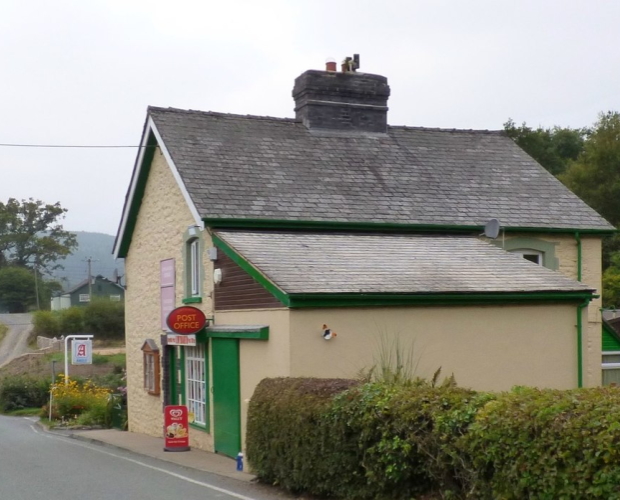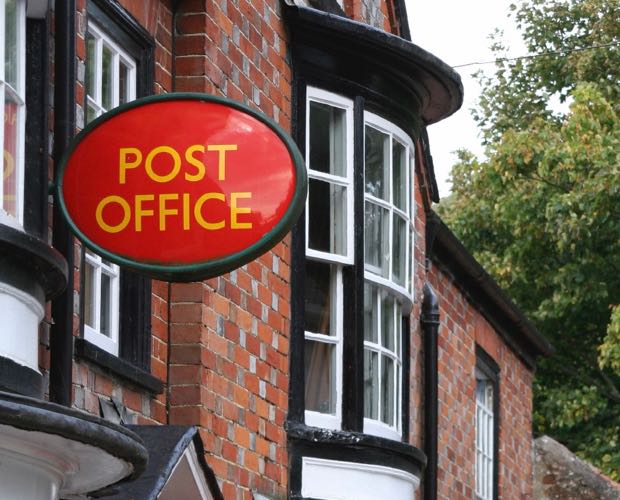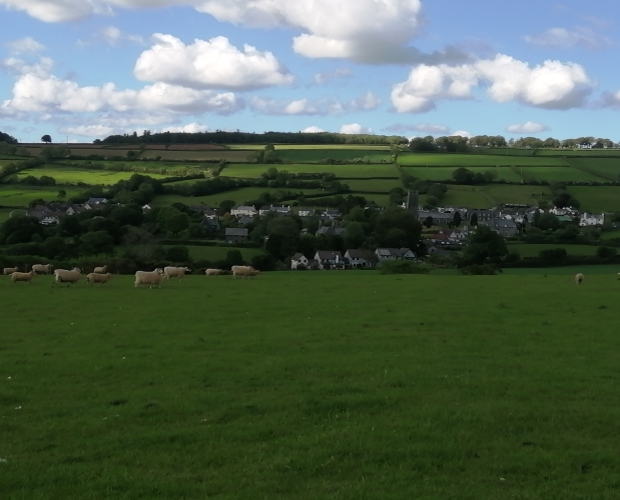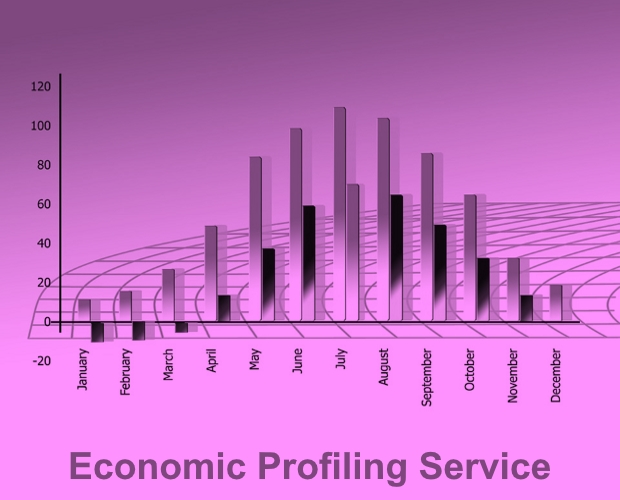T: 01822 851370 E: [email protected]
Visit RSN Survey about life in rural England to find out more.
Rural Economy
The Rural Services Network (RSN) has generally welcomed the announcement by the Government of the launch of a £250m (£50M for 5 years) culture investment fund The fund will provide funding for a wide range of projects, including extending the...
The Guardian reports a decision by Barclays to pull out of an agreement allowing bank customers to withdraw cash from post offices for free has been criticised as “shocking”. The bank is the only one to scrap over-the-counter cash withdrawals...
An article published in the Yorkshire Post argues the importance of post offices to rural communities. It notes that post offices often support other small shops that have sprung up around them and is a ‘life-force for many fragile communities’...
Chair of the Lords Rural Economy Select Committee Lord Foster of Bath has argued this week in Politics Home that the Government needs to implement a comprehensive rural strategy. He says that rural residents have for a long time felt...
BBC News analysis has found that people working in coastal areas in Britain earn on average £1,600 less per year. The most deprived areas in England are also found by the sea. BBC News analysed income data from the Office...
ITV News reports that Barclays bank has pledged not to close bank branches in remote areas, or where the bank is the last in the area for two years. Barclays said the freeze on closure will protect more than 100...
The bank of England have unveiled the design of the new £20 note featuring the artist JMW Turner It will be issued for the first time on 20 February 2020. The polymer £20 note contains sophisticated security features making it...
The Country Land and Business Association (CLA) has warned that one in four rural businesses could be facing bankruptcy in a no-deal Brexit situation, as reported by the Guardian. In general, rural areas voted in favour of Brexit in the...
The Rural Services Network featured in this months Local Government First with an article about the Time for a Rural Strategy campaign Cllr Cecilia Motley (Con) is Chair of the Rural Services Network and Shropshire County Council’s Rural Issues Champion...
NEWSLETTER
Sign up to receive all our latest news and updates.
HOT TOPICS
Amid reduced public spending, fair resource allocation across regions is crucial. Despite a population larger than Greater London, rural areas receive significantly less funding for essential services, even though delivering these services in rural areas is more expensive.
Economic growth is widely acknowledged as essential for national wealth and prosperity and is a priority for political parties. Rural economies, employing millions and home to a higher proportion of small businesses, have potential for growth if barriers are removed.
Rural residents face distinct healthcare challenges, including limited access to transport, longer distances to medical facilities, an aging demographic, housing inadequacies, digital connectivity gaps, and difficulties recruiting health and care workers.
Rural communities are grappling with a severe affordable housing crisis, marked by high house prices, a lack of affordable housing, elevated living costs, and lower incomes, threatening their sustainability and vitality.
Transport is vital for the quality of life and economic health of rural areas, yet it faces challenges such as infrequent public bus services and less Government funding compared to urban regions.
Rural areas, encompassing a substantial portion of England's population and land, play a pivotal role in combating climate change and achieving the net zero target.
In an increasingly digital world, the lack of robust digital infrastructure in rural areas severely limits access to crucial services and stifles economic growth.
A future-focused vision for rural communities involves not just building the right homes in the right places but also ensuring thriving, sustainable communities.
SIGN UP TO OUR NEWSLETTER
Sign up to our newsletter to receive all the latest news and updates.












